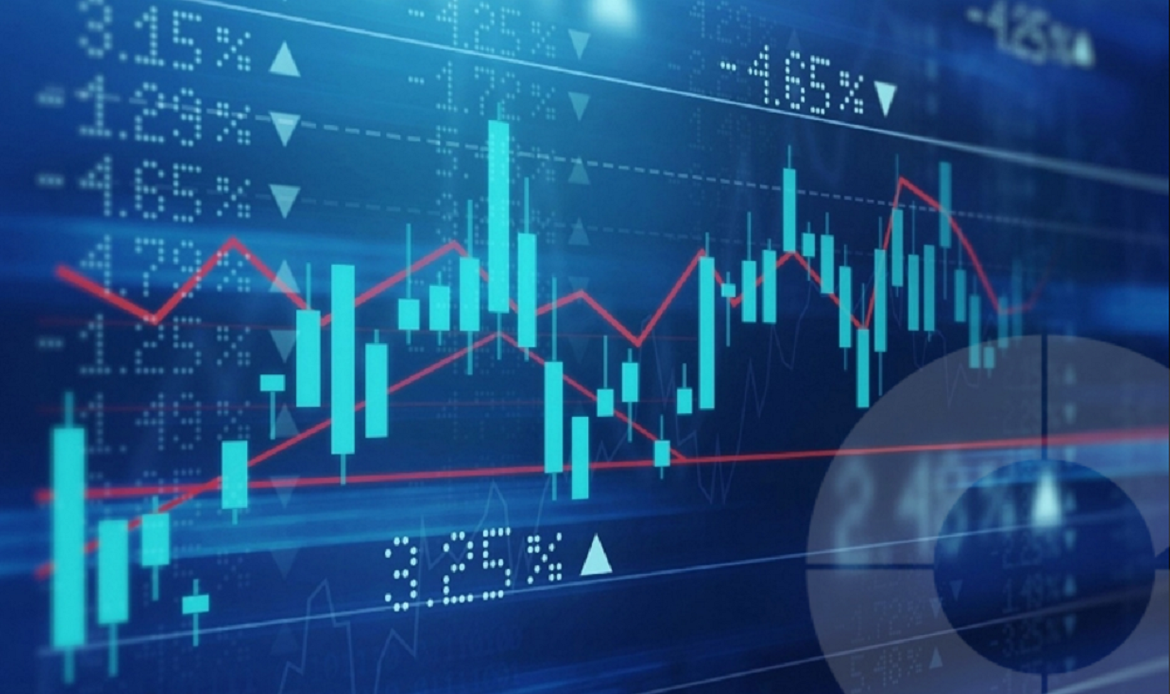A market in which traders submit orders to either buy or sell a security/ commodity for a specific price and corresponding volume. In this market, limit orders constitute a pre-commitment that the trader will either buy or sell a specified amount of the security/ commodity at a pre-set price. A limit order remains open until it is either matched and executed or cancelled. Furthermore, “unexecuted”/ “unfilled” limit orders are queued in what is known as the limit order book.
Orders are only executed when the price specified for a limit buy order is matched with the price of a limit sell order, and vice versa. That is why in a limit order market there is no designated market maker.
Each and every limit order in the limit order book has its own price and time priority rule. In other words, the highest price for a buy order and the lowest price for a sell order will be up for execution on a priority basis. If two limit orders or more come through with the same price, priority will be determined based on arrival time: then the first to be posted to the book gets executed earlier than the most recent limit order.
The limit order book is indicative of the characteristics of a given market, and provides information about traders’ expectations of price levels and the size of demand and supply corresponding to different price levels.




